Tips for working travellers living in Australia
Guide

By Jamie Wilton
Life in Australia is lived a little differently to other parts of the world. Although you may have preconceived ideas of what the Australian lifestyle is like, it truly is a land of diversity, a place where so many cultures exist side by side. But Australia also has a distinct and unique culture of its own, one which people from across the globe who now call this remarkable landmass home share. And that’s the Australian lifestyle. Here’s what you need to know about Australia’s culture and lifestyle if you’re planning on living and working Down Under.
A welcoming attitude

Australians are well-known for being down-to-earth and having a laid back attitude and outlook on life, work and most other things, which many call a ‘no worries’ attitude. For holidaymakers, it’s something that makes travelling, working or living in Australia so different from their experiences in other parts of the world. And it’s that outgoing, cheerful and welcoming attitude that holidaymakers experience here that’s such an appealing aspect of calling Australia home, even if it’s just for a year or two on a working holiday visa.
Australian culture
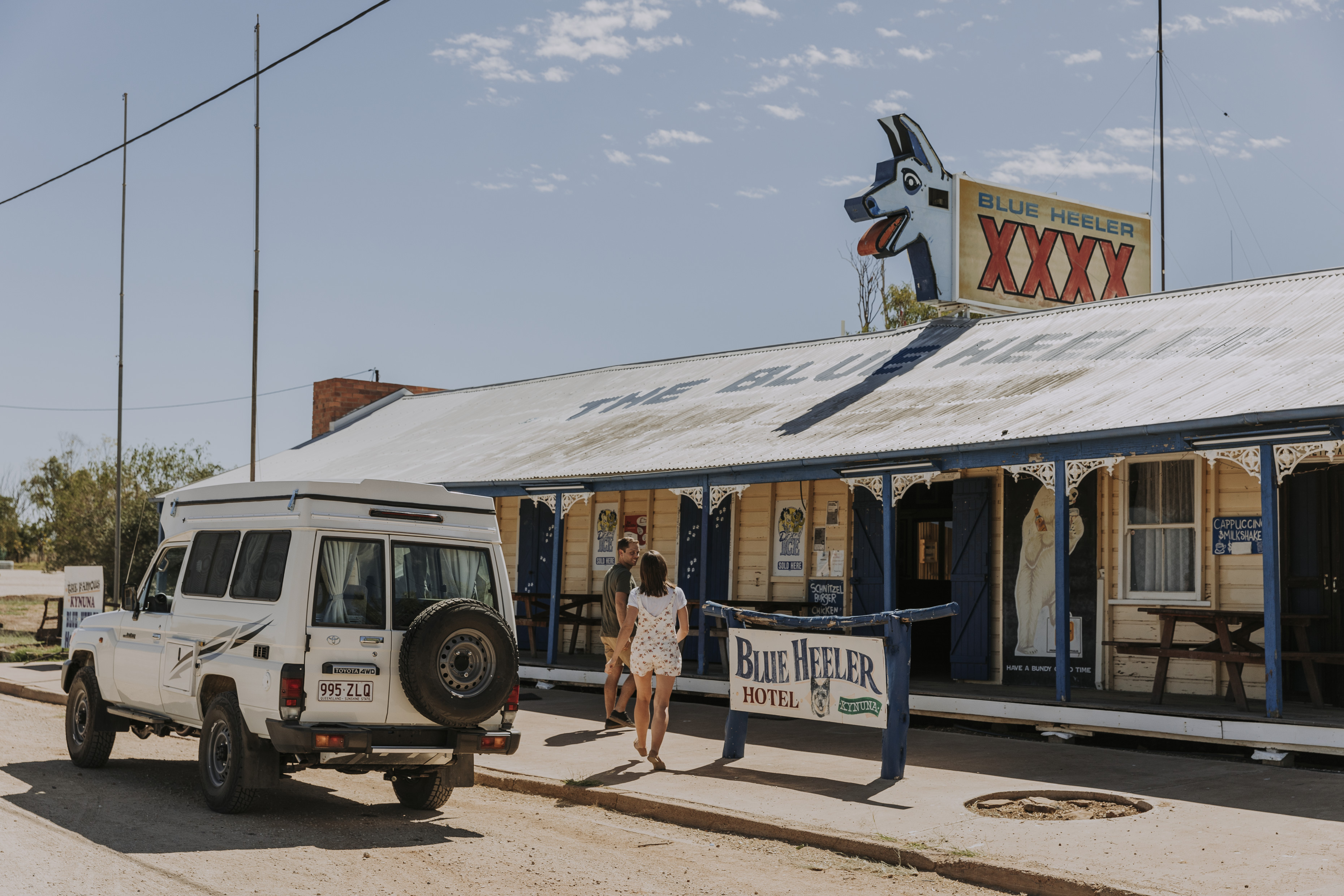
With so many different cultures calling Australia home in addition to our First Nations people — the Aboriginal and Torres Strait Islander peoples who’ve inhabited the continent for around 60,000 years — Australia truly is amazingly diverse and multicultural. This can make pinpointing exactly what the prevailing Australian culture is difficult, but for many, it’s the idea of a ‘fair go’, an egalitarian attitude evident in the country’s love affair with the ‘underdog’, the story of the ‘battler’, those outspoken winners who ‘bat above average’ or ‘punch above their weight’ who captured the nation’s attention in a big way and play such a prevailing role in Australian culture.
Food and drink in Australia
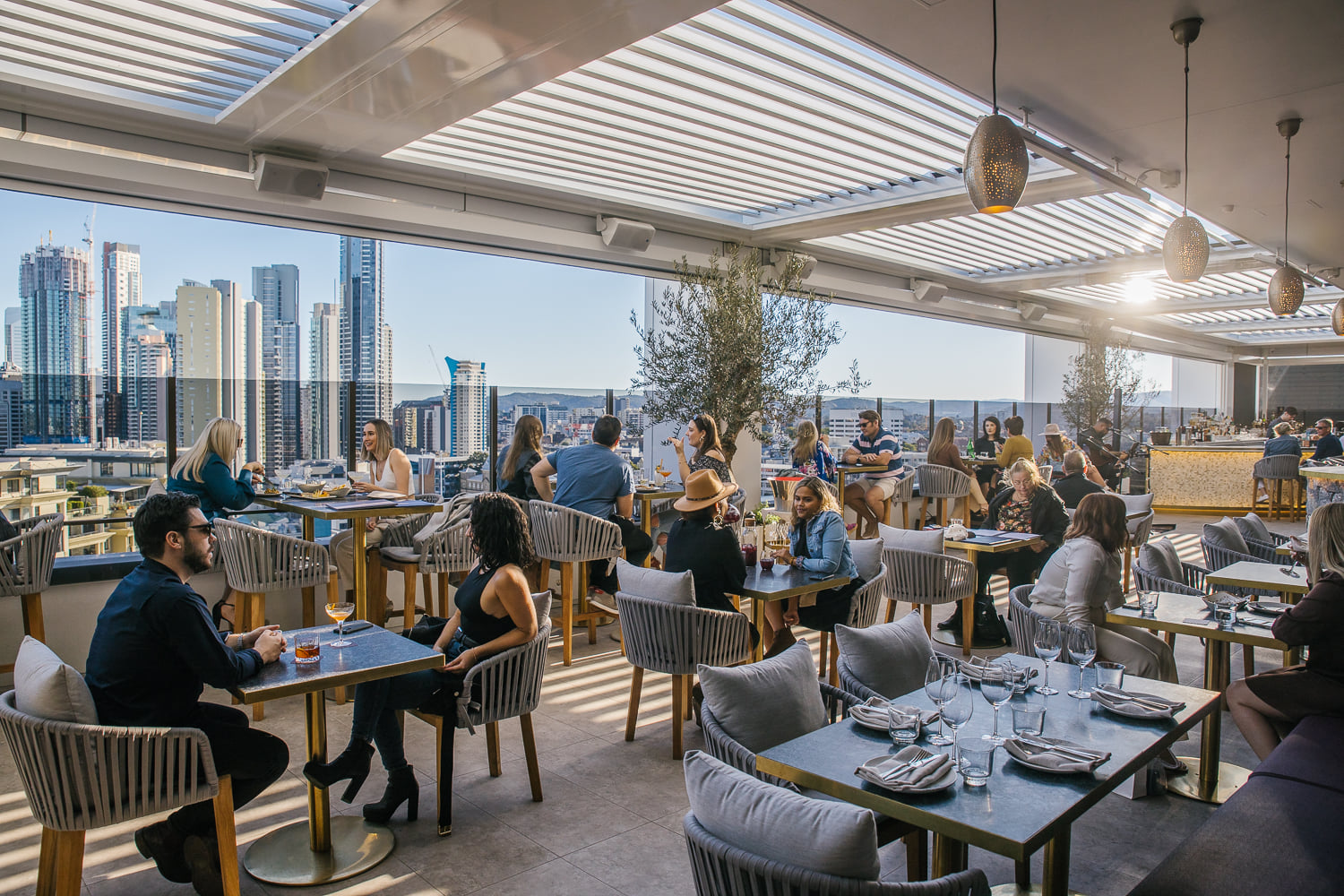
There’s so much more to food and drink in Australia than beers and throwing another “shrimp on the barbie” — not that many don’t have an inherent love of the amber fluid and the abundant fresh seafood we’re blessed with here from Tropical North Queensland to the Gold Coast.
Australia’s food scene is incredibly diverse, due not only to its increasingly multicultural population but also to the distinct variations in its natural environments. And while there’s still more diversity in metropolises like Brisbane, the way the country eats at home and out continues to change and evolve.
Asian fare has long been popular and you’ll find Thai, Vietnamese and other Southeast Asian flavours across the country, from trendy laneways to the Queensland outback and along its extensive coastline. Australia has fallen for sushi in a big way and you’ll find traditional and fusion takes on Japanese and Chinese food nationwide, along with Indian, Greek, Turkish, Italian, Mexican and so much more in a variety of settings, from lunchtime eateries, pubs and casual diners through to fine dining in chef-hatted restaurants.
During your time living in Australia, wrap your taste buds around ‘traditional’ Australian foods like vegemite, Tim Tams, lamingtons and the national animal, kangaroo. And with its gorgeous climate and weather, it’s no surprise that Australians love dining alfresco or with rooftop views.
The great outdoors
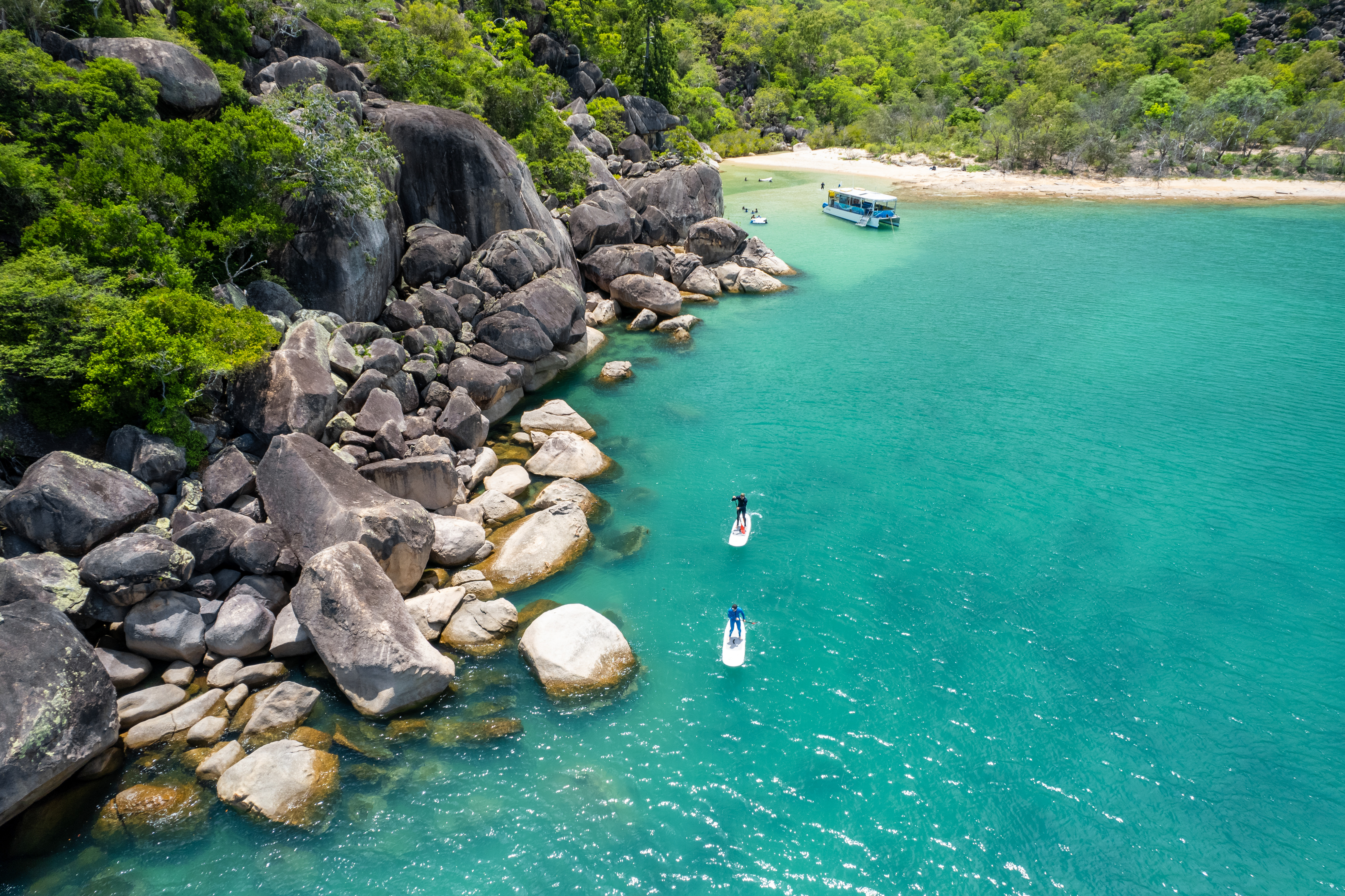
Australia is a land of the great outdoors. And with landscapes as diverse as its Outback and tropical coastlines combined with consistently beautiful weather year-round, exploring the great outdoors is a popular pastime and something to embrace during your time here.
While you definitely want to get out and experience stunning beaches and national parks, embracing the outdoors is easy wherever you’re travelling or working. Brisbane is home to an amazing array of parks and outdoor spaces, from botanic gardens bursting with myriad colours to walkways along the river where you’ll catch a cool breeze on a warm summer’s day.
Embracing time outdoors, from dining alfresco and playing sports in the park to relaxing on a beach or simply appreciating the many beautiful blue skies and sunny days, is an integral part of Australian life. And as you may be aware, the combination of beautiful weather and time outdoors has a positive effect on one’s mood. Is that why Australians are so friendly and easy-going? You’ll have to spend some time here and find out for yourself!
Australian beach culture
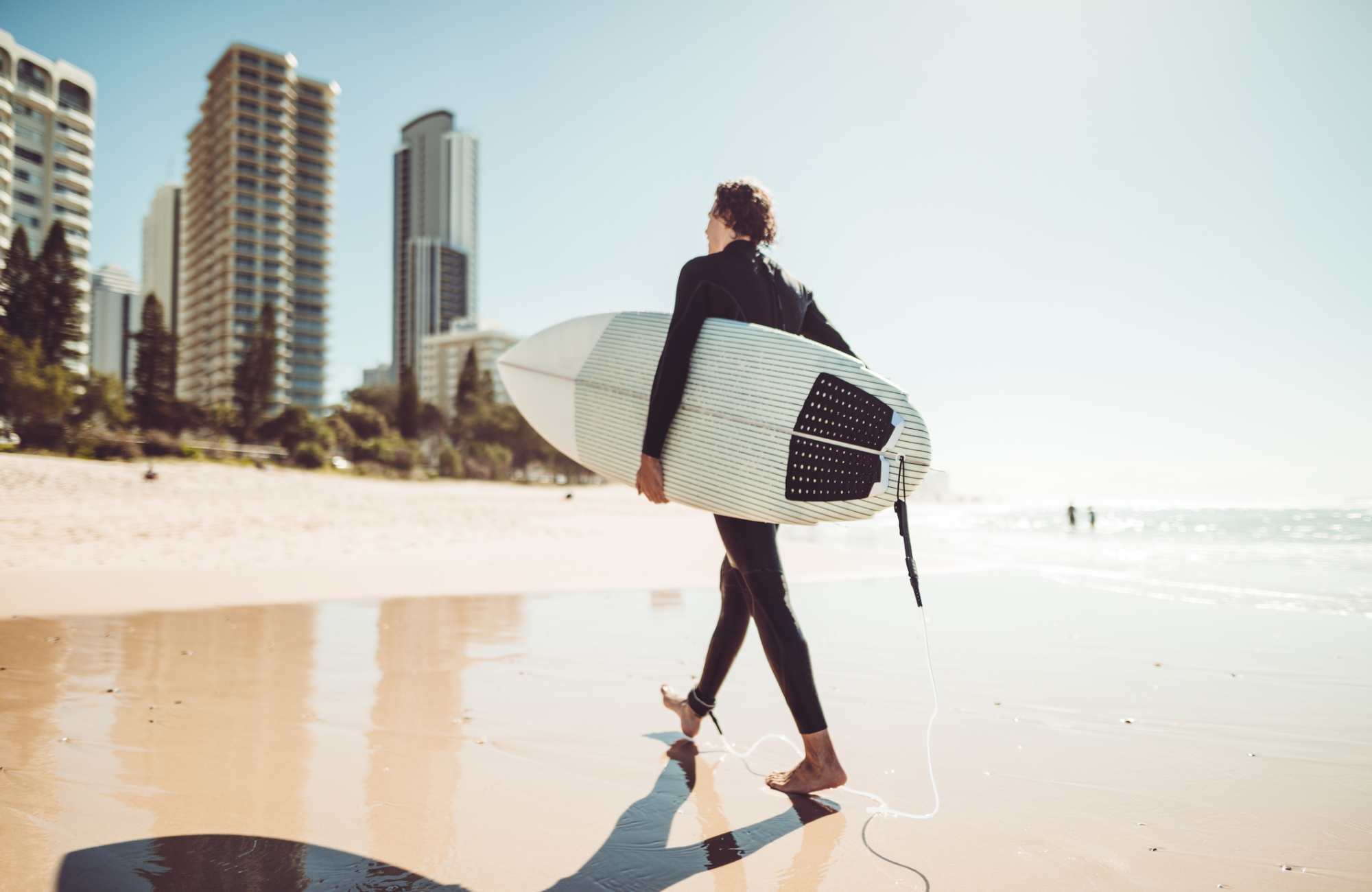
With over 34,000 kilometres of breathtaking coastline and weather to match, it should come as no surprise just how big a role beach life and culture play in the Australian psyche. Queensland has no end of postcard-perfect beaches, with some of its most spectacular being the tropical beaches of North Queensland and the Great Barrier Reef where you’ll find gems like Whitehaven Beach, voted TripAdvisor's ‘Travellers Choice Best Beach in the World 2021’.
But you don’t have to travel too far to embrace Australian beach culture, with gorgeous coastline stretching all the way down along the Capricorn Coast, Fraser Coast, Sunshine Coast and Gold Coast.
For travellers who yearn to call a tropical beach or island home during their time in Australia, job opportunities await you right along the coastline, especially in tropical Cairns and the islands of the Great Barrier Reef where incentives like the ‘Work in Paradise’ scheme make it easy to work, live and play in paradisiacal surrounds.
A nation mad about sports

No country embraces sport like Australia. Sure, Australian sporting events may not have the same international renown as Wimbledon, the Super Bowl or the Monaco Grand Prix, but few countries boast such a widespread love of sports as Australia. Not to mention such high sports participation rates, with 88.8% of Australians over the age of 15 regularly participating in a sport or physical activity.
That Australia is a sports lover’s paradise is evident with events like the Australian Open, the Ashes and the AFL Grand Final drawing crowds in the hundreds of thousands. And there’s no end of events across the country embracing less mainstream but no less exciting sports, like the World Surfing Championships which are held on the World Surfing Reserve of the Gold Coast and other locations, and unique, must-see events like the Boulia Camel Races in the Queensland Outback.
Australian wildlife
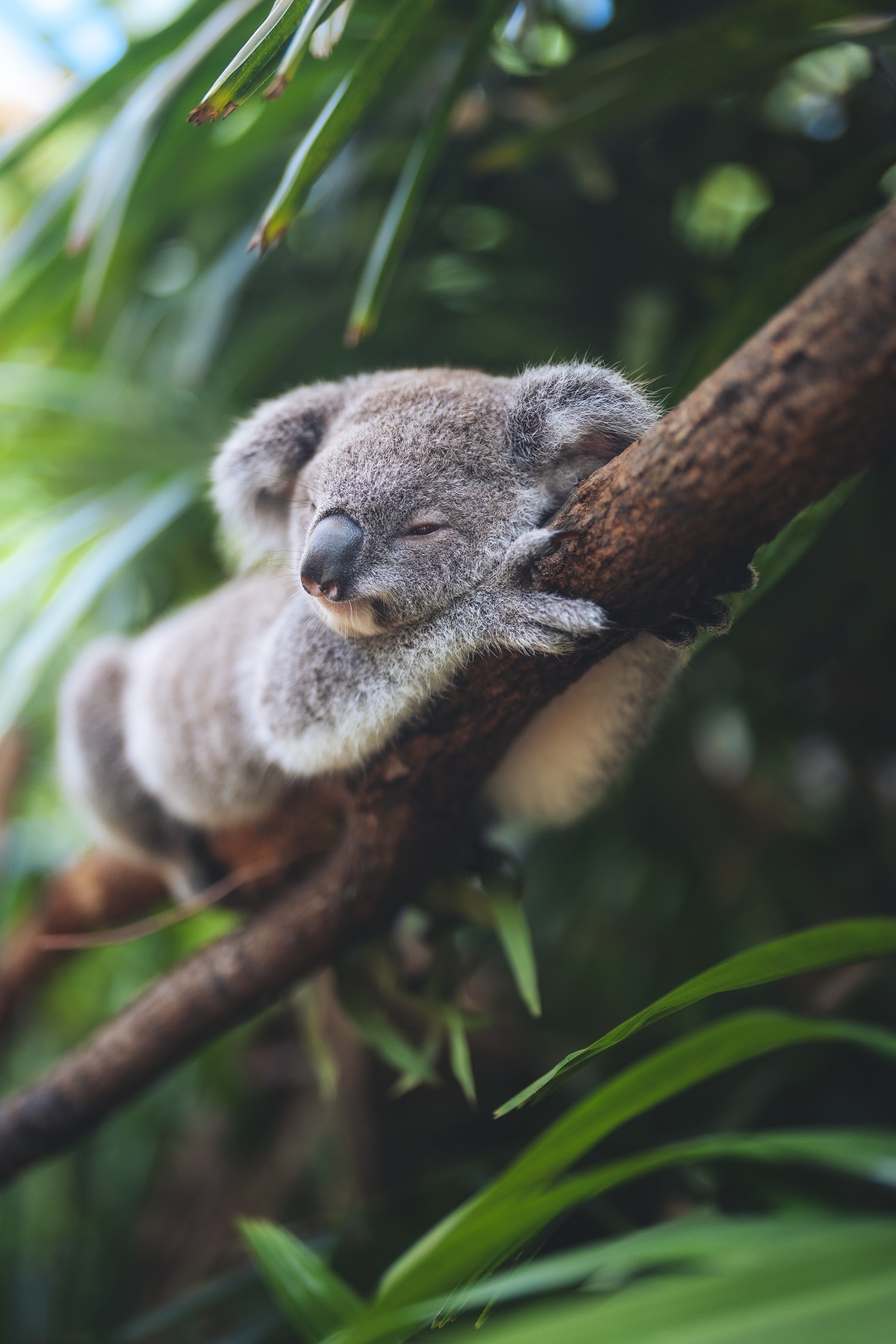
Home to some of the world’s most unique and distinctive wildlife, from the most well-known, like kangaroos and koalas, to the lesser-known but no less distinctive platypus and cassowary. The chance to get up close and personal with Australia’s amazing wildlife is usually quite high on travellers’ bucket lists and it’s easy to do so thanks to our abundance of amazing national parks and wildlife sanctuaries.
In Queensland alone, there are more world-class wildlife parks than you can poke a stick at, with the top picks including the late Steve Irwin’s Australia Zoo (Sunshine Coast), Lone Pine (Brisbane) and Currumbin Wildlife Sanctuary (Gold Coast).
Along with national parks and wildlife sanctuaries, prepare to experience amazing Australian fauna wherever you go. Large birds like scrub turkeys and ibises — known affectionately as ‘bin chooks’ — are a common sight, as are smaller birds like cockatoos, galahs and rainbow lorikeets, and cute marsupials like possums, and if you’re lucky, koalas.
The best time of the year for wildlife experiences depends on what you want to experience. For example, whale watching season in Queensland is from June to October. If that’s something you’d love to experience, then aim to visit in the Australian winter.
The perfect work/life balance
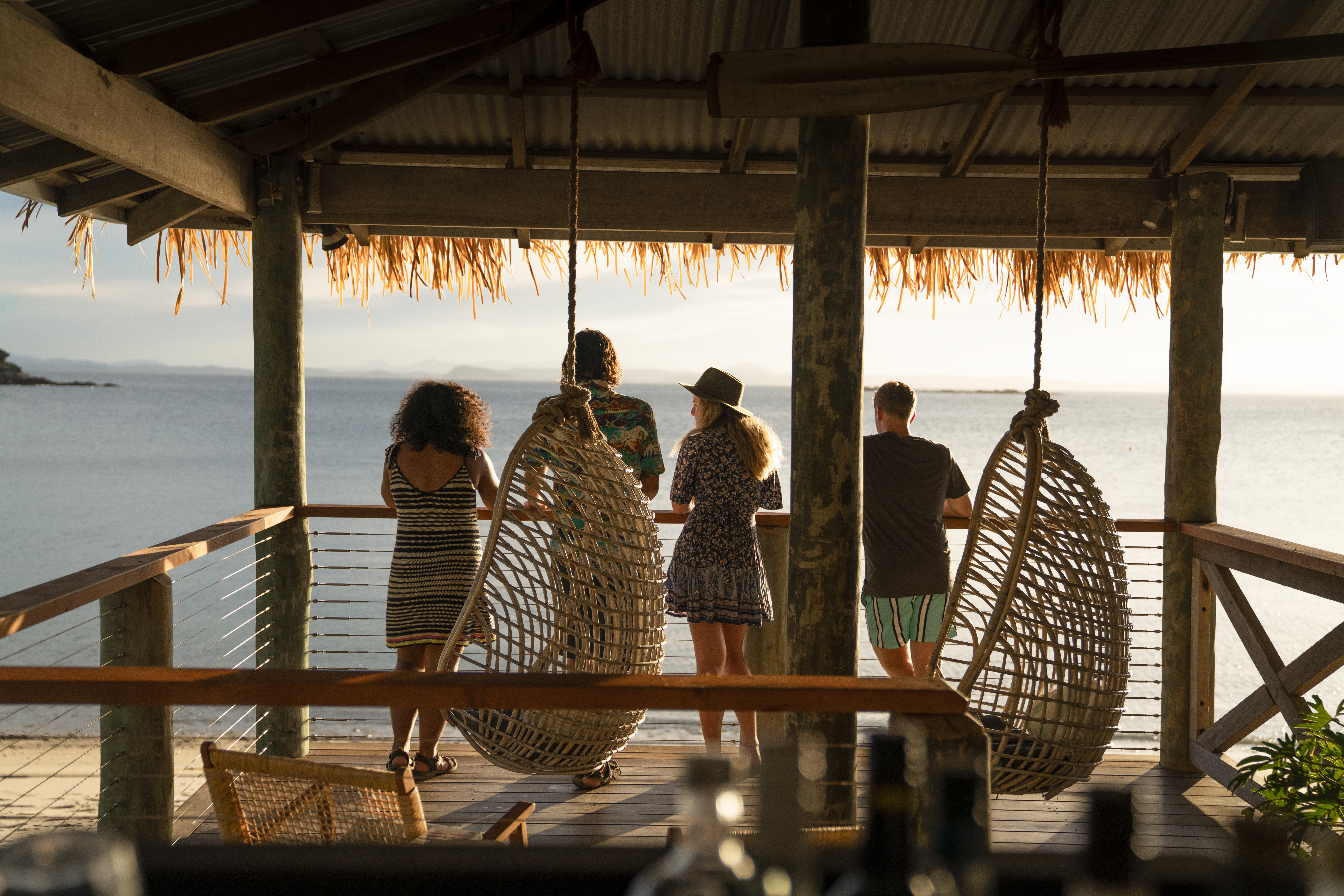
While Australians often work long hours in comparison to European countries — think Scandinavian countries like Sweden and Norway, along with France — the work/life balance in Australia tends to veer strongly towards ‘life’ more so than ‘work’. Having said that, Australians have a reputation for diligence and respecting those who work hard, so if you’re planning on working here on holiday be ready for some ‘hard yakka’ but also prepare to have plenty of fun with your colleagues. Aussies are keen to head out after work and if you land a hospitality gig during your time here, you’ll find a welcoming social scene awaits.
Living costs in Australia
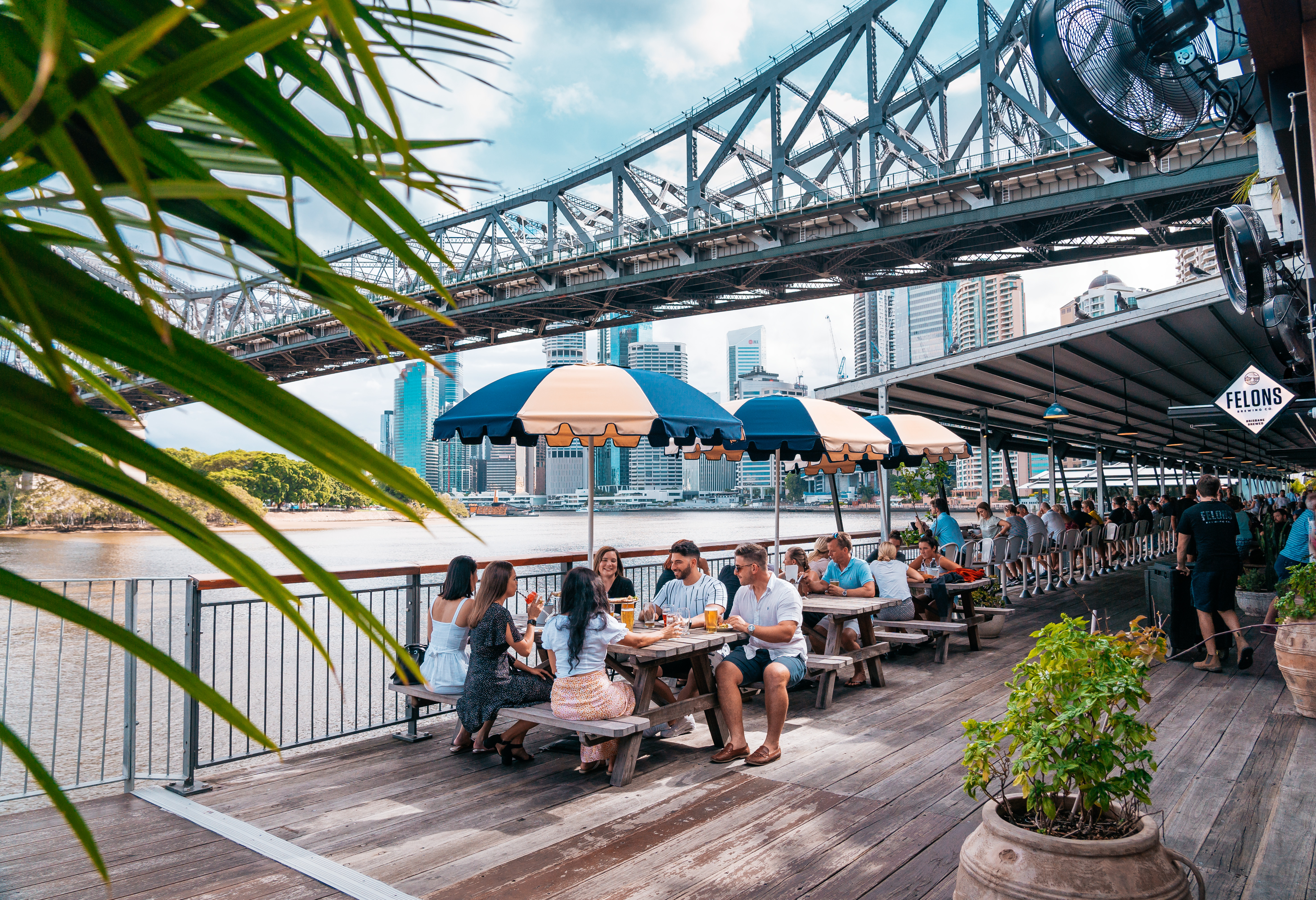
Like most countries, the cost of living in Australia is rising, but unlike many other countries, so too are wages and that means you can expect to earn a good salary and enjoy a comfortable lifestyle during your time here. Naturally, skilled workers can expect to earn the highest pay but you’ll still enjoy solid wages across many occupations, including agriculture and hospitality, plus many jobs in the outback and islands come with either free or subsidised accommodation.
The cost of living in Australia differs from state to state and region to region, with the cost of living in Queensland generally lower than in New South Wales or Victoria and average living expenses in Brisbane are significantly lower than in Sydney or Melbourne. What’s more, you’ll find the cost of living on the Gold Coast more affordable and Cairns and the Sunshine Coast more affordable still.
Safety for travellers in Australia
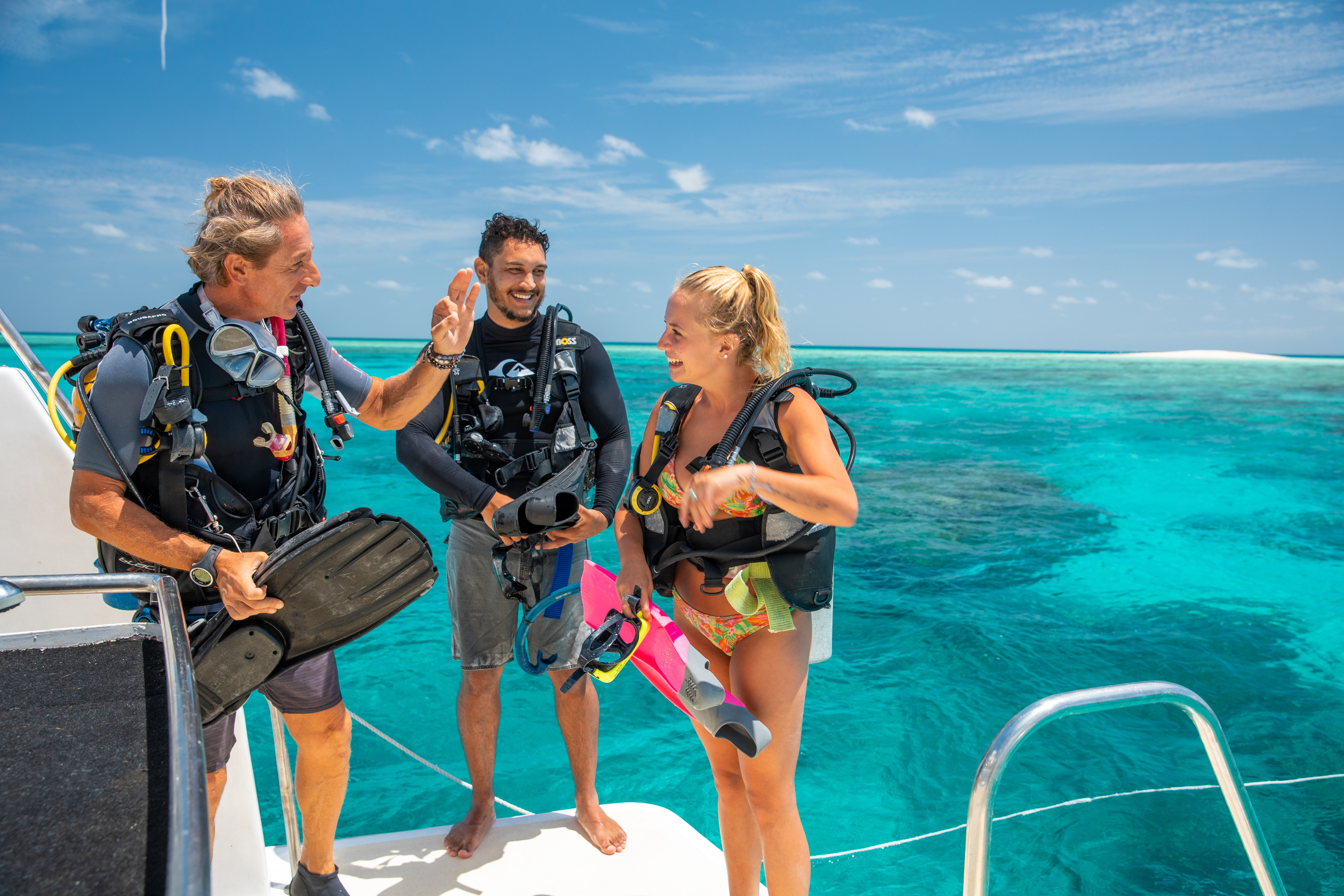
Australia is a safe and politically stable country with a low crime rate compared to much of the world. But like other countries, hazards and dangers always exist, so use your better judgement at all times. Especially if you’re a solo traveller and haven’t met new friends yet. Which you will!
Before heading to Australia on a working visa, research the places you’re planning to live, work and play so you get a good idea of where you’ll stay and the accommodation and travel options available to you, as that helps to mitigate avoidable safety issues. In terms of safety, there’s more to consider than crime alone. Sure, you’ll have heard about spiders, sharks and other ‘nasties’ but you should be aware of the dangers of swimming in unpatrolled waters and the precautions you need to take when navigating the Outback with the thousands of kilometres that can separate towns and cities.
You also need to consider the sun and weather conditions when travelling in Australia as the sun often proves the most dangerous aspect of travelling here. Sunburn can prove to be the least of your concerns, as there’s the risk of dehydration when hiking and travelling in the outback — take ample water for any trip in addition to wearing sunscreen, suitable clothing and sunglasses.
Australia has one of the highest rates of skin cancer in the world, with around 2,000 Australians dying every year from a preventable disease that can be avoidable with simple measures that everyone should be taking. Also, be sure to look into your health insurance policy options.
Australia currently has reciprocal healthcare arrangements with eleven countries but even if your country of origin has an arrangement with Australia, still consider taking out a suitable health insurance policy.
You may also like














